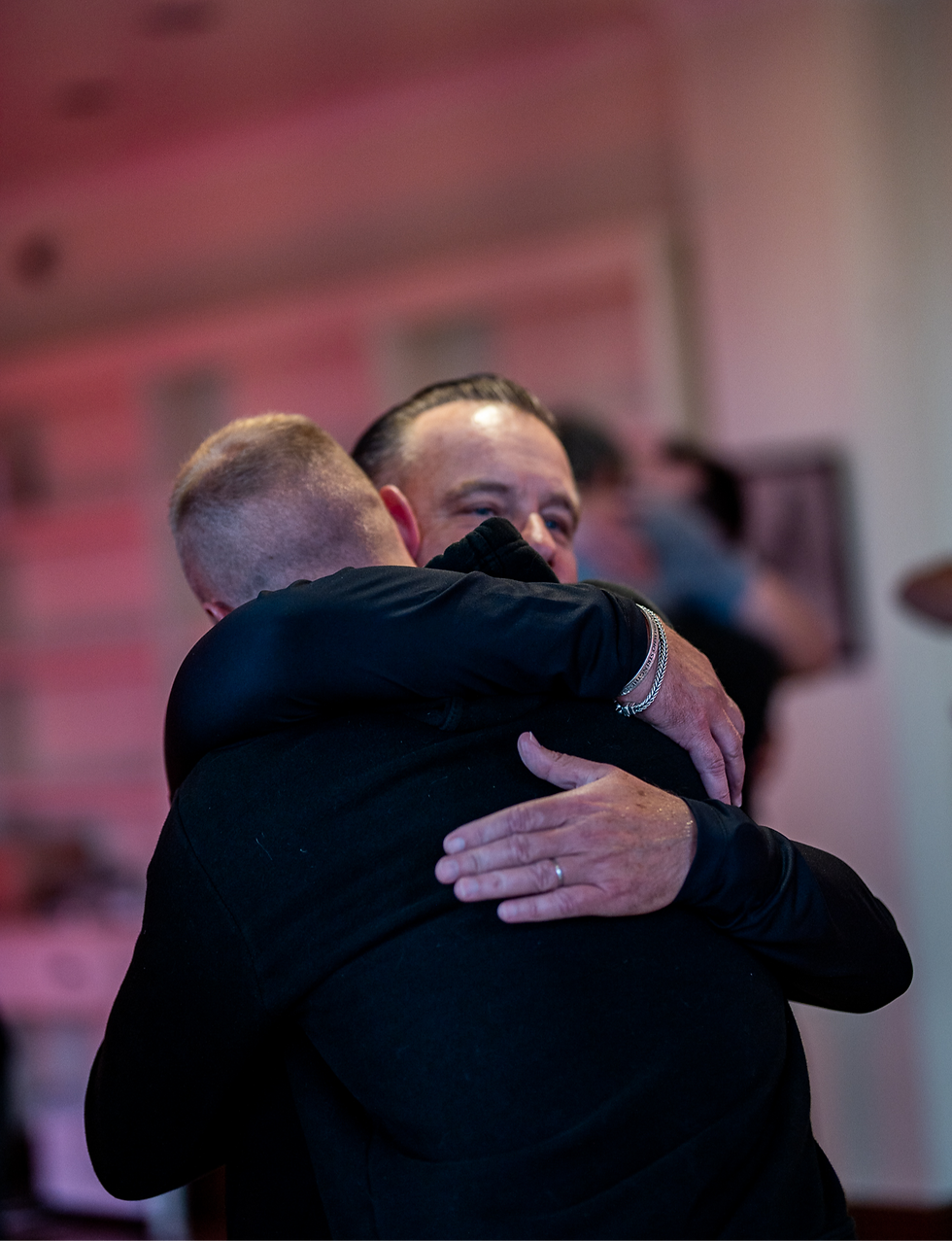The opposite of Addiction is Connection
- Stephen

- Oct 12, 2024
- 3 min read
Updated: Dec 7, 2024
I really like it when traditional thinking is challenged and this is exactly what Johann Hari has done In the world of addiction and recovery. Instead of looking at addiction solely through the lens of chemical dependency, Hari flips the script and asks us to see it for what it really is: not a lack of sobriety, but a lack of connection.This concept, though simple, has massive implications for how we understand and address addiction in society.
Hari argues that addiction doesn’t stem from the chemical hook of substances or the draw of the behaviours themselves but from a deep sense of disconnection - whether from ourselves, others, or the world around us. It this isolation that drives many people towards seeking comfort or escape in addictive behaviours, as a way to fill that void. His words, “The opposite of addiction is not sobriety. It’s human connection,” strike a chord for anyone who’s struggled with addiction or supported someone who has.

For me, it makes even more sense when you look at how addiction affects men and start to widen the perspective of addiction beyond substance misuse to behaviours such as pornography, gambling and over-working. These ‘hidden’ addictions, which might not attract the same attention as substance misuse, provide a temporary way to check out when life feels overwhelming or when we feel cut off from meaningful connection. Men may seem to be "functioning" on the outside, but inside, many are using these addictions to cope with feelings of loneliness or emotional emptiness.
So, why do so many men fall into this pattern? In my experience, it’s largely because of the absence of deep, meaningful relationships with other men—especially those who share our values. The pressure to appear strong and self-reliant often leads us to isolate ourselves. But in reality, it’s this very isolation that drives so many towards addictive behaviours. Without real connections, the desire to numb our feelings and escape the pain can become overpowering.
These ideas find support in research, too. One well-known example is the ‘Rat Park’ experiment from the late 1970s. In this study, rats kept in isolated cages were far more likely to consume drug-laced water than those living in stimulating environments with other rats. This suggests that wasn’t the drugs themselves that led to addiction—it was the isolation. For humans, the same principle applies. When we feel connected, supported, and understood, the pull towards addiction lessens.

For me, Hari’s theory isn’t just a new way of looking at addiction—it’s a call to action. It invites us to think differently about how we address addiction, not with punitive measures or approaches that isolate people further, but by fostering community and human connection. This is especially important for men, who often struggle in silence, hiding their pain behind the mask of addiction.
What is more, Hari’s theory calls for a compassionate view of those battling addiction. Recognising the role of disconnection emphasises the need for empathy and understanding rather than judgment. It suggests that healing comes from rekindling relationships with friends, family, and the community at large.
So, what’s the real solution? I believe it lies in helping men build meaningful, supportive relationships with others who understand them - whether through shared activities, groups, meaningful friendships, or even just one open and honest conversation. When we feel truly connected, the need to escape fades. It’s about healing through connection, not simply focusing on sobriety.
Hari’s message is an invitation to strengthen the bonds between us. If we can reconnect, not only will we have a better chance of overcoming addiction, but we’ll also create a world where no one has to numb themselves to get through the day.
If anything I have said here resonates with you, please share with someone else who you think would benefit from reading this. I offer a free 30 minute initial call to anyone wanting to find out more about what it would be like to work with me to move on from addiction or trauma.



This makes so much sense - it’s time for the stigma and prejudice surrounding addiction to be challenged. 🙏